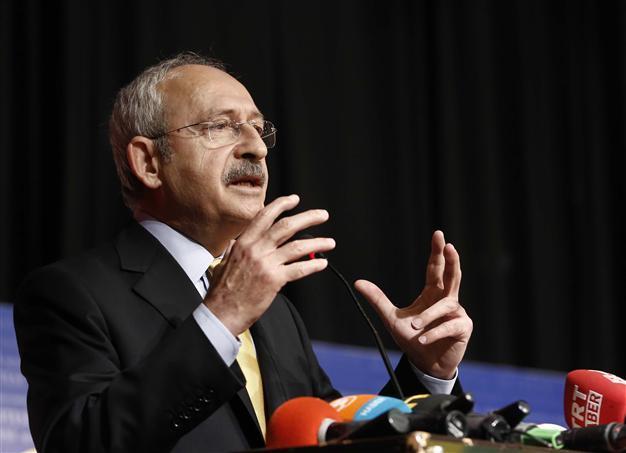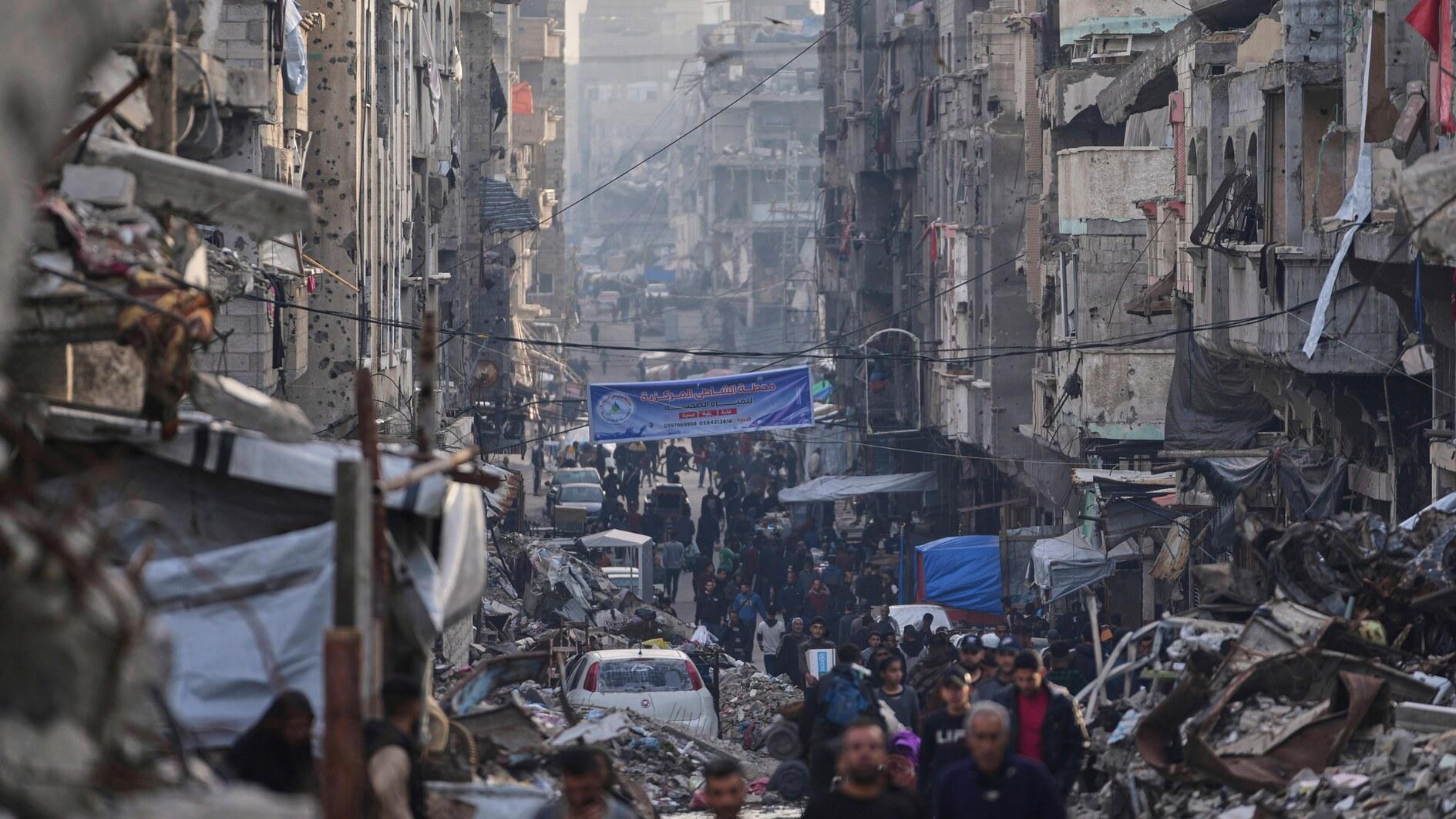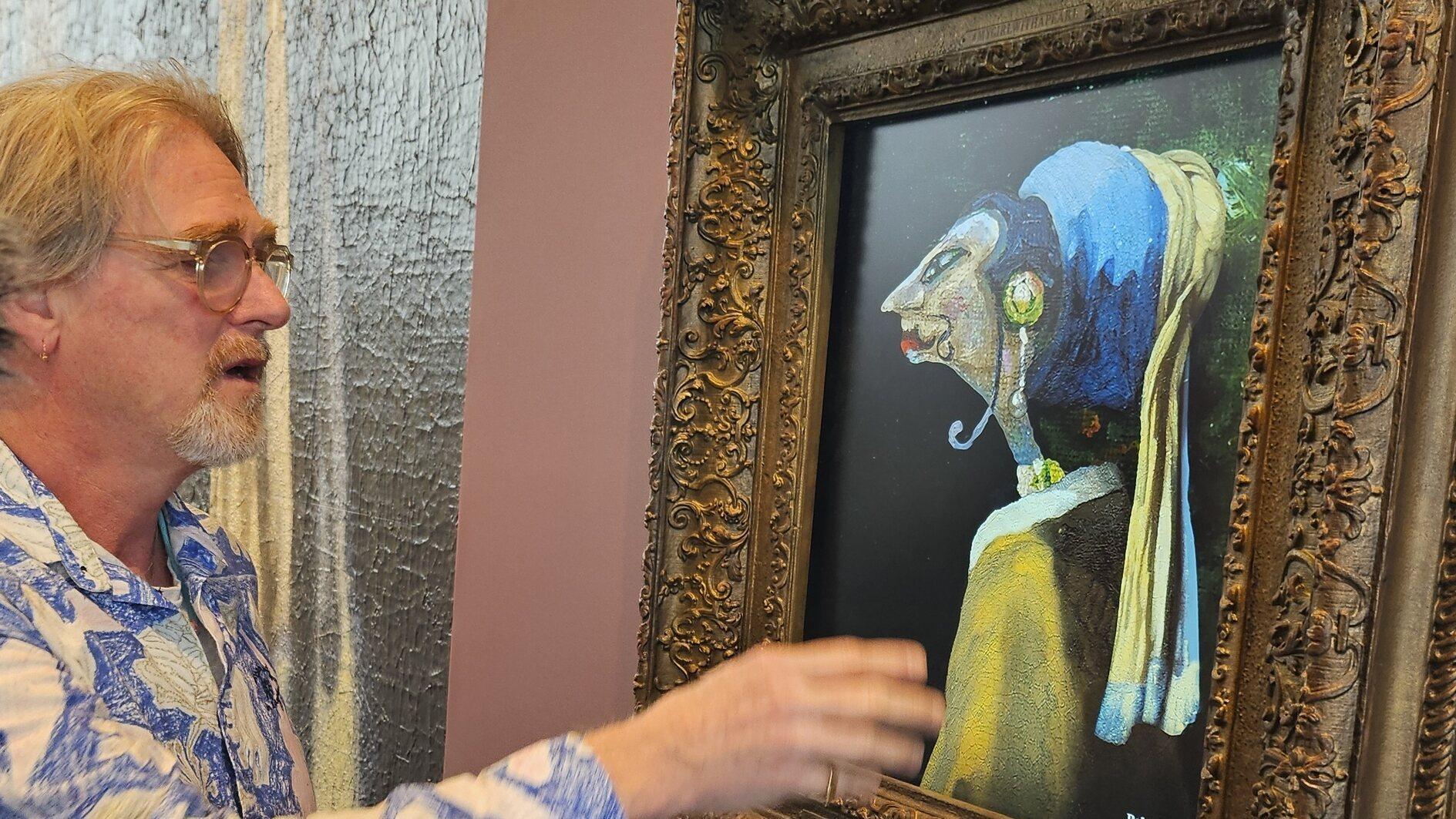Gülen movement row on Turkish political agenda
ISTANBUL

CHP leader Kemal Kılıçdaroğlu. AA Photo
U.S.-based Islamic scholar Fethullah Gülen is once again on the agenda of Turkish politics, with the main opposition party leader calling on him to reveal his ties with the ruling party as the one-time friends have become foes with recent operations in the country.“I would ask Gülen to reveal all his meetings and cooperation with the [ruling Justice and Development Party] AKP in the past 12 years as the AKP demanded his extradition. The prime minister at the time [Erdoğan] has said ‘was there anything you demanded and we did not give?’ What did they want and what Erdoğan gave? We have the right to know this. It seems that the [then-] prime minister will not announce that. Then it’s time for Gülen to reveal it. He has to announce it,” main opposition Republican People’s Party (CHP) leader Kemal Kılıçdaroğlu told Star TV news program late Dec. 25.
Responding to a question whether Gülen should be extradited, Kılıçdaroğlu said the United States would decide on that by examining the evidence. “If the evidence necessitates his extradition, then he should [be sent],” the CHP leader said.
He also criticized the government for “covering up corruption” by saying the operations against the high-profile government officials were a coup attempt. “Dec. 17 and 25 probes are the biggest bribery and corruption incidents of the Republic’s history. Your four ministers resigned. They were wiretapped with court decisions. But you define this as a coup attempt. If it was a coup attempt, they why did your ministers resigned?” said Kılıçdaroğlu.
Opposition People’s Democracy Party (HDP) co-chair Selahattin Demirtaş also touched on recent incidents related to the Gülen movement. He said the Gülen movement should not be treated as a terror organizations while also recalling that some members of this movement have took some unlawful actions against their party members in the past.
“We are not against the communities, or people spreading their faith via communities. Religious communities are legitimate structures. But if a community or an organization is committing a crime against the society, then the people within these communities should be tried rather than the community itself,” said Demirtaş during a visit to Moscow.
He also said they did not approve the statements of the government targeting the Gülen movement based on claims that some people within the community had been involved in criminal activities.
“We are on principle against this. We know that the Gülen movement members are involved with the crimes against our party members such as massive arrests of our party members even though we believe that the people should be prosecuted, not the communities,” said Demirtaş.
















